Taken from his book Tribe of Mentors, author Tim Ferris shares the morning routines of notable people.


Taken from his book Tribe of Mentors, author Tim Ferris shares the morning routines of notable people.

Ethics professor Arthur Dobrin argues that we must balance forgiveness with justice.
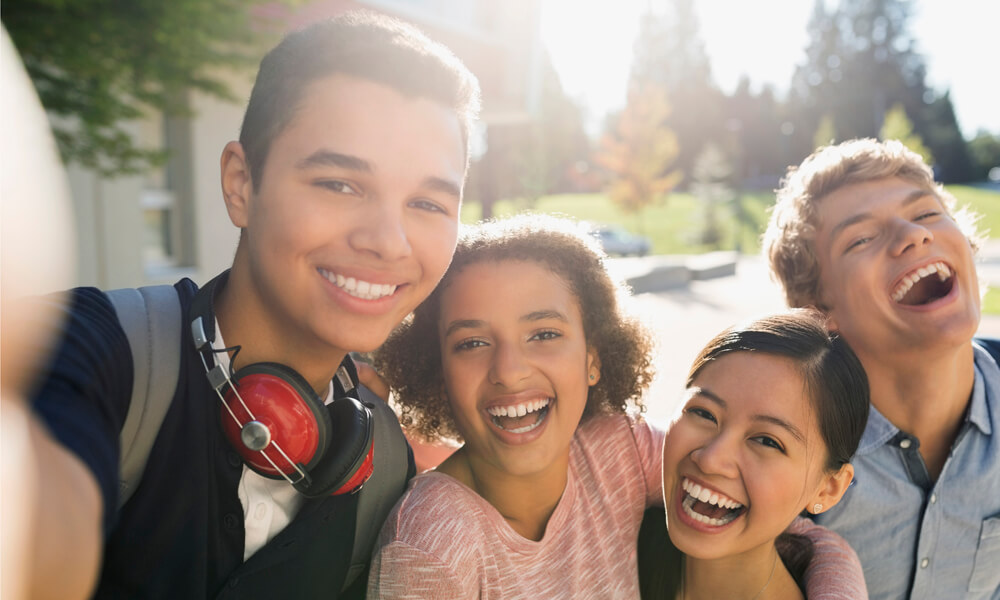
Click this link to read about the findings of a study that surveyed teenagers about how they represent themselves on social media.

Do you know what it means to have a good work ethic? Read this article to get some advice on how to develop the habits and skills that will make you a valued worker in any field.
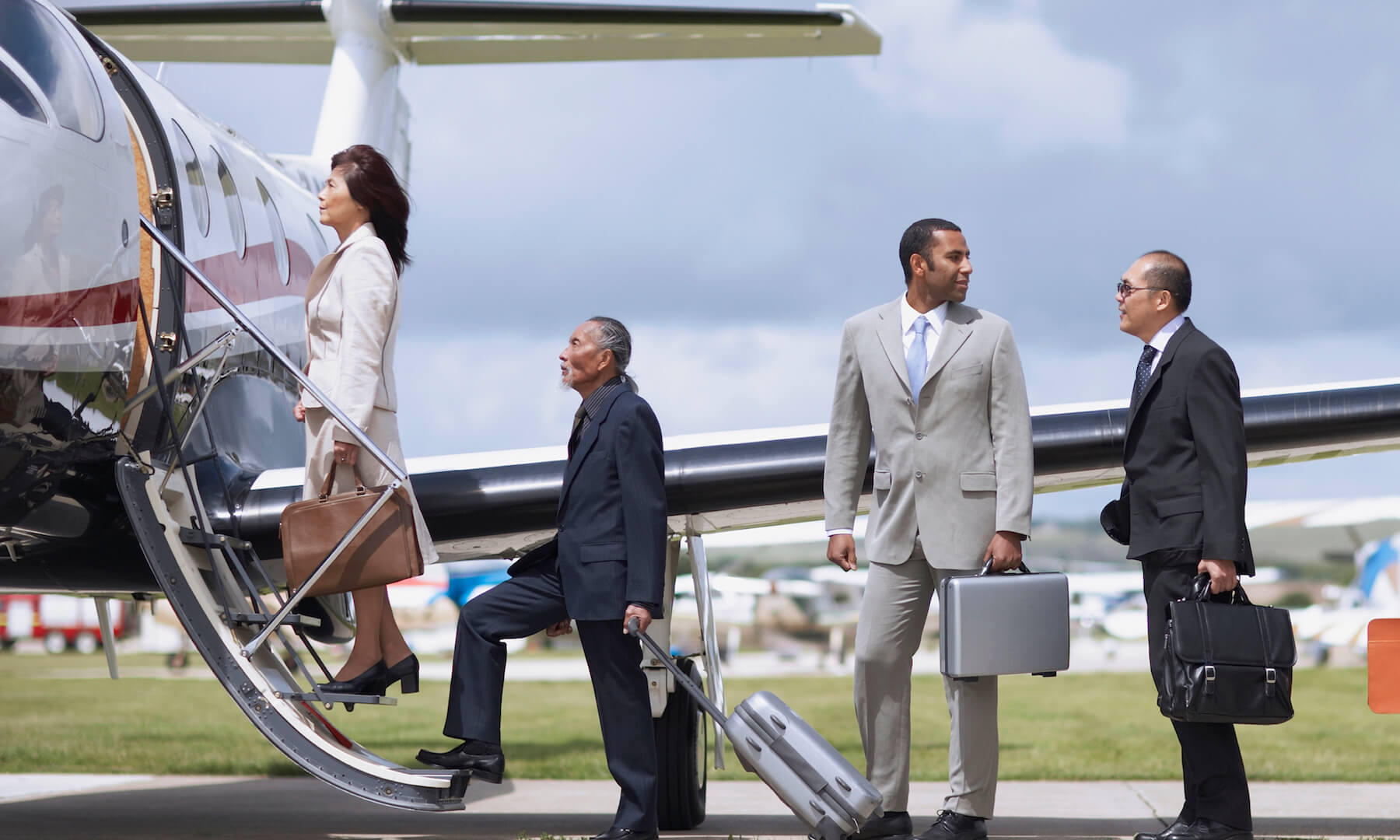
Thanks to virtual reality, First Airlines passengers sightsee destinations around the world without ever leaving the ground.
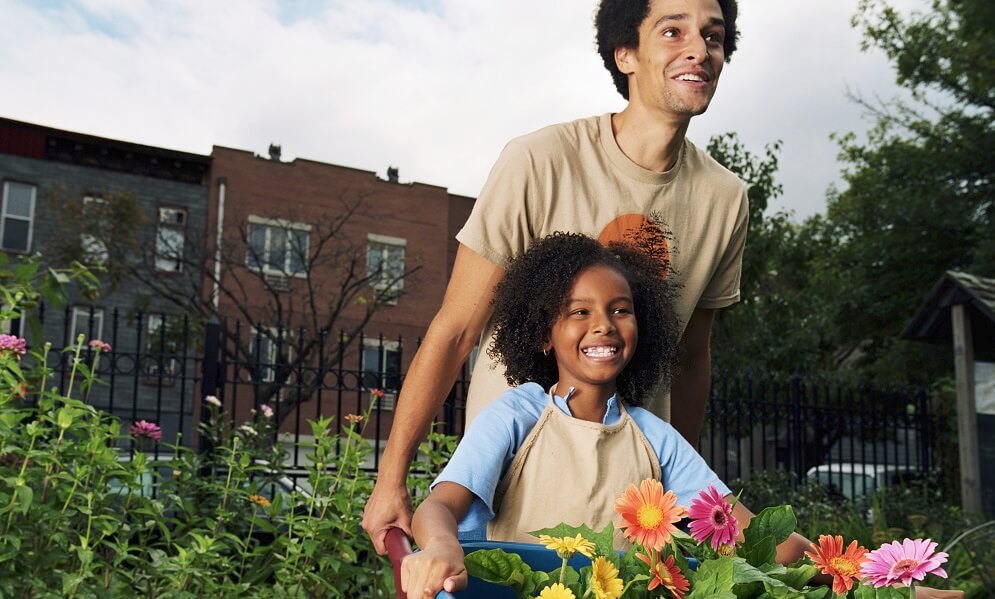
A few years ago, Ron Finley decided to change his neighborhood’s lack of healthy foods. After an initial negative response from city authorities, his work is now educating and inspiring others to make positive changes through gardening.
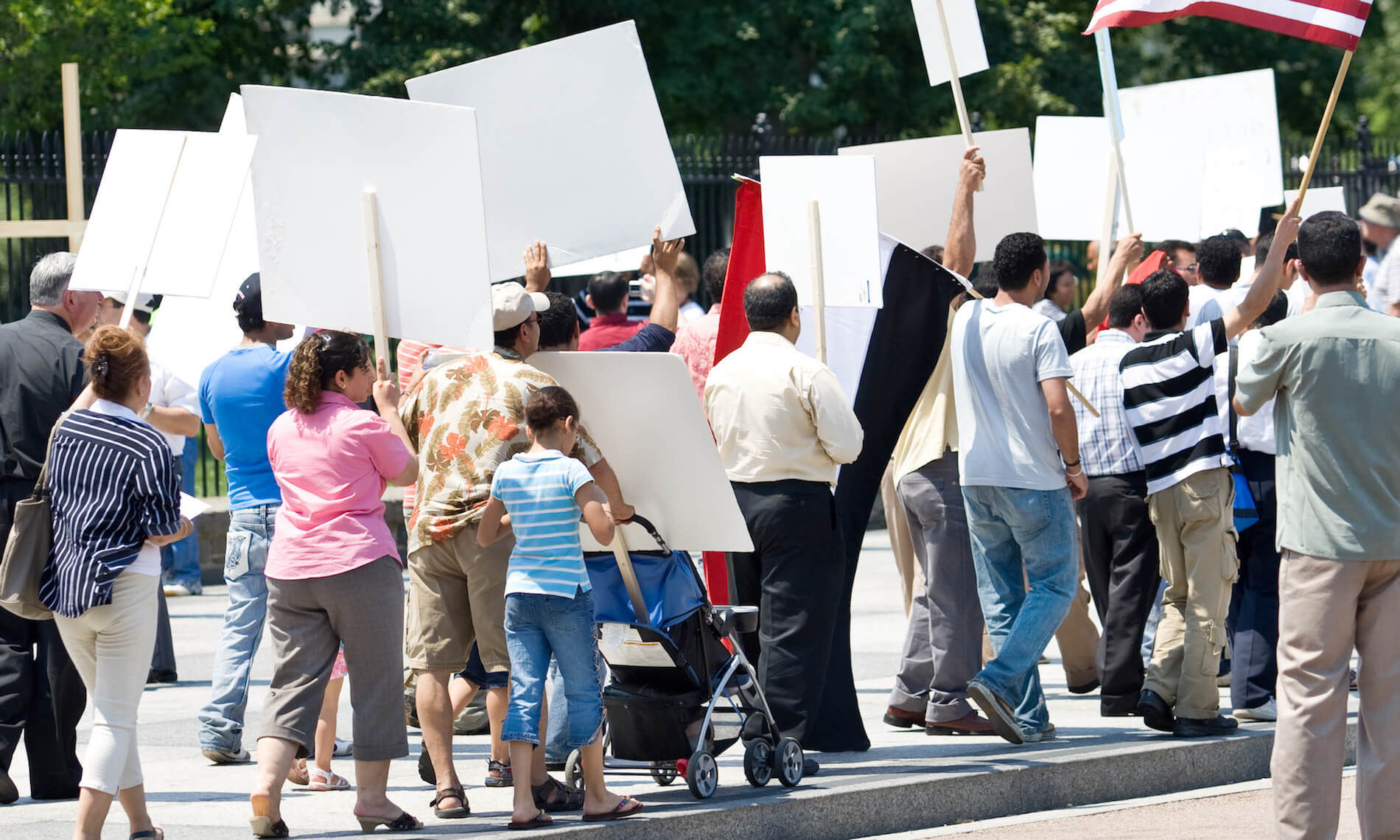
Look at photos of student walkouts across the country as they protest gun violence.
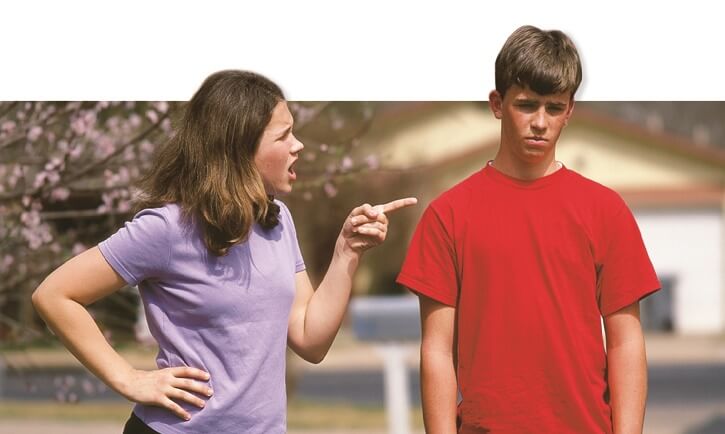
It might be more comfortable to only hear opinions that we already agree with, but by failing to listen to each other, we’re not only increasing the political divide in America; we’re making ourselves less smart.
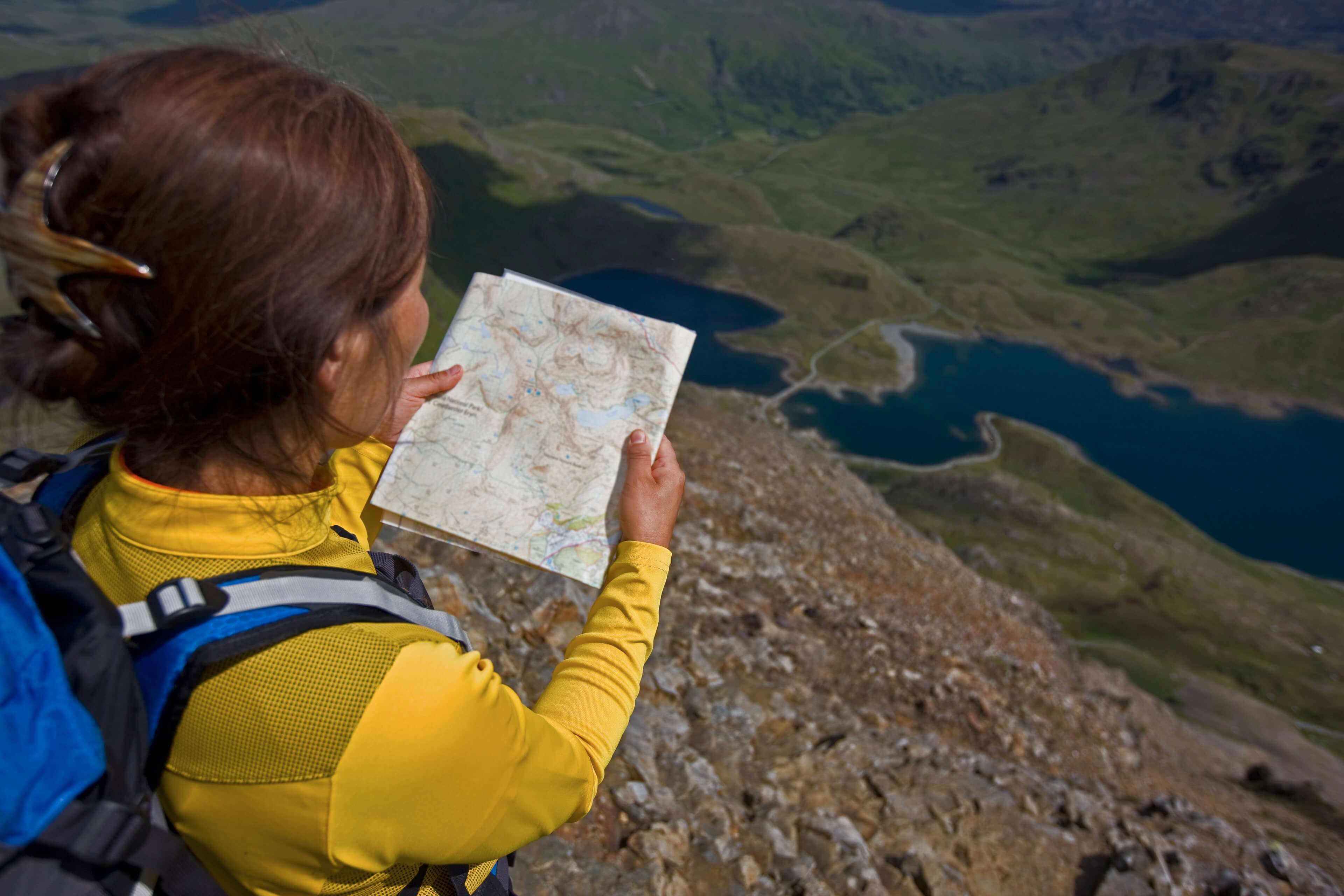
Learn about six women who refused to let discriminatory social climates keep them from adventure-filled lives.
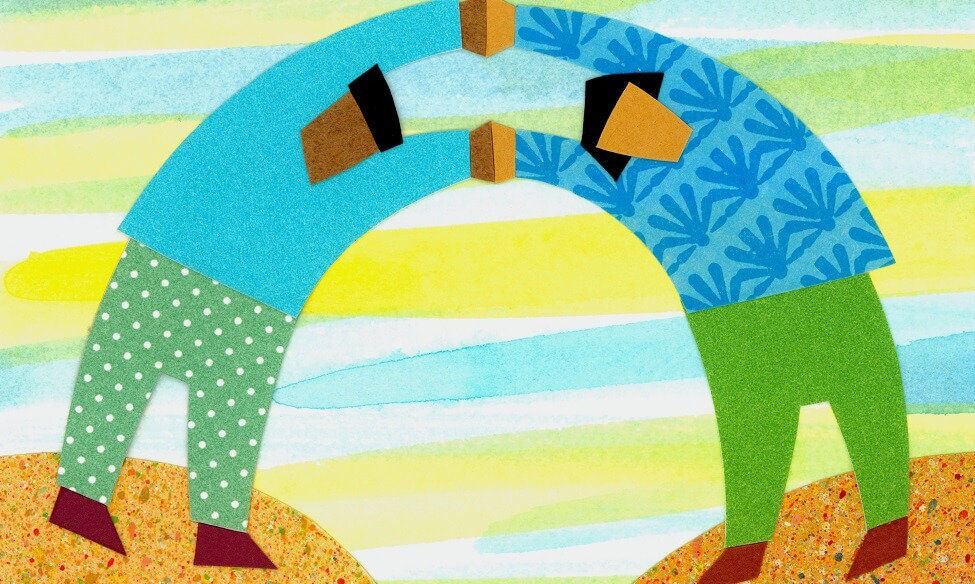
An opinion columnist gives his take on how finding common ground will help the United States move forward, together.

Metaphors for love tend toward the negative—from “falling” in love to being love-“struck” or “madly” in love. Writer Mandy Len Catron explores these metaphors and proposes a more positive alternative.
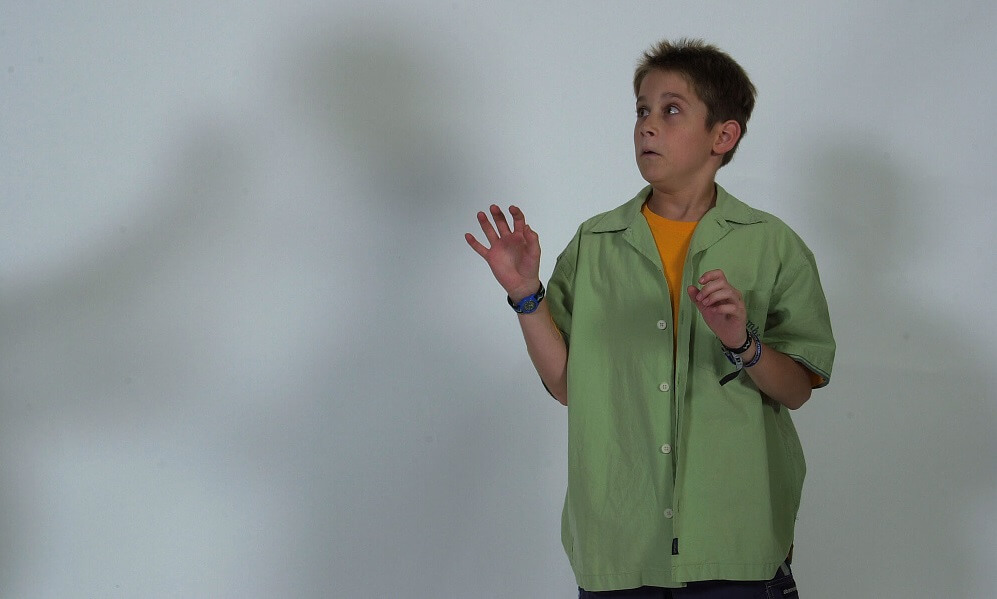
Why do people generally consider flying more dangerous than driving, when far more people are killed in car crashes than airline disasters? An Australian analysis of summertime fears helps you understand your own worries.

Find out about the benefits of expressing yourself in writing, and get tips on how to get started on your own journal and get the most out of it.
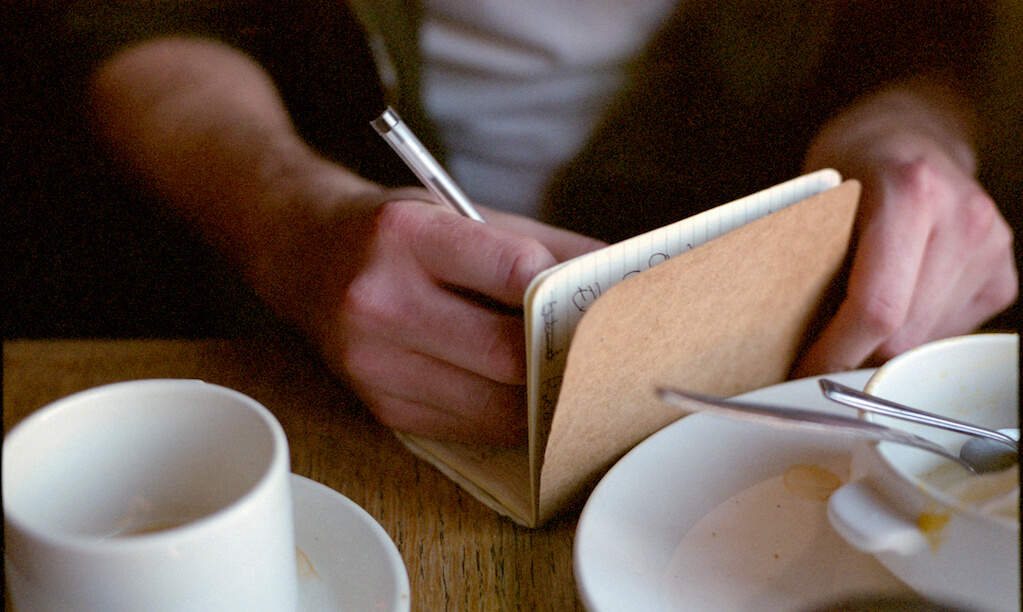
Read about five poets who used poetry as a means of protest.
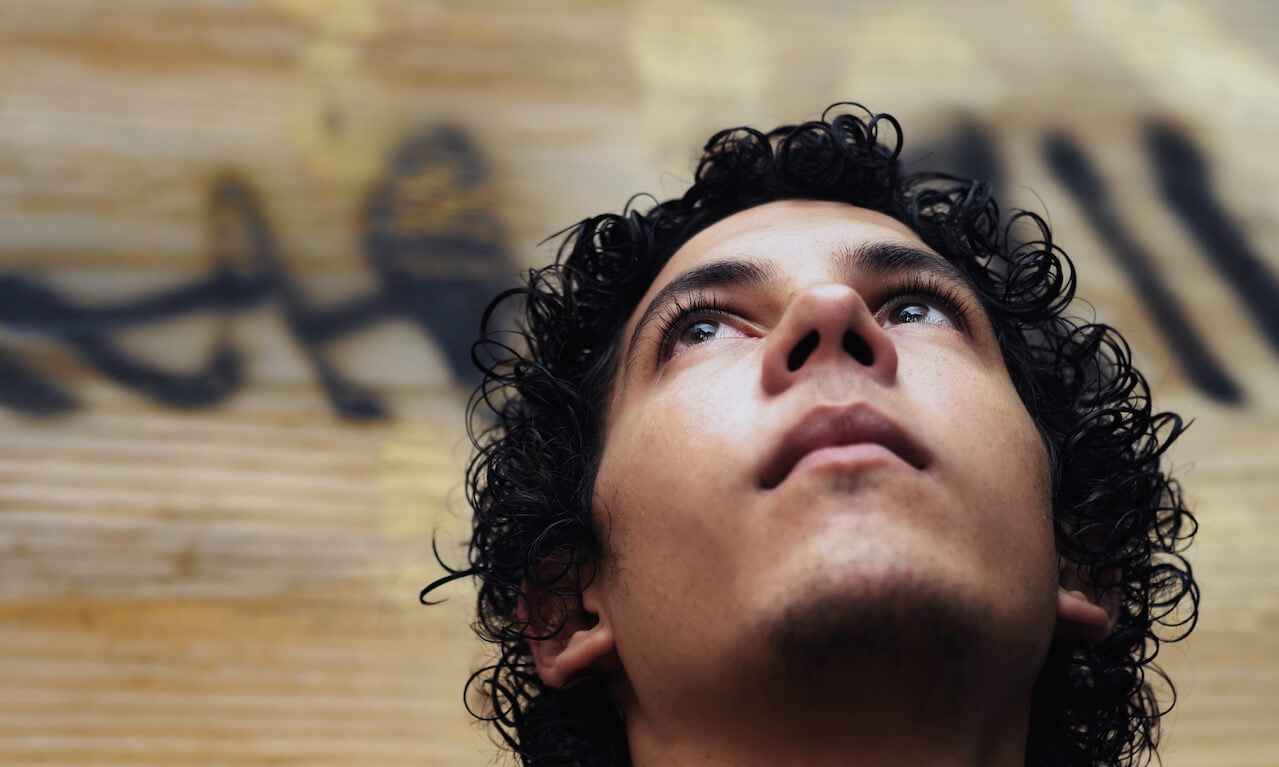
Sociologist G. Cristina Mora discusses her book about how the terms “Hispanic” and “Latino” emerged and how different commuities identify with them.
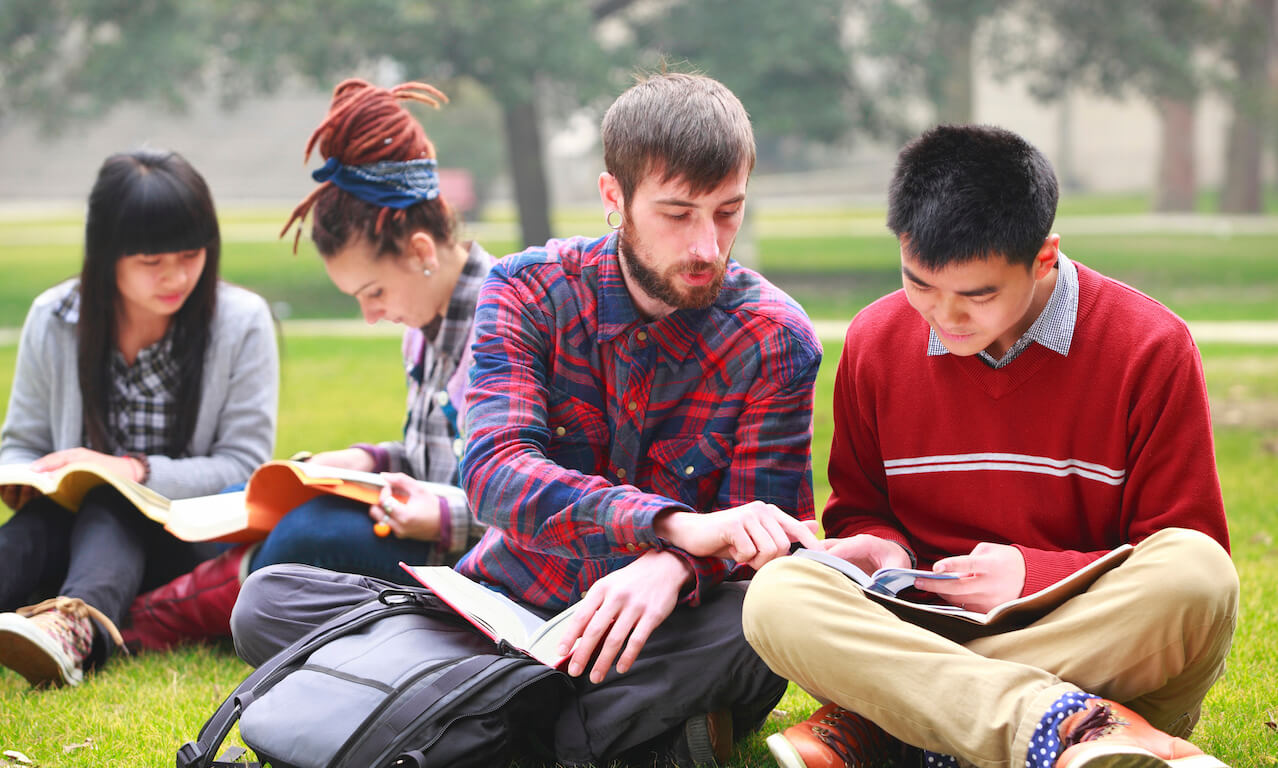
Writer and scientist Amanda Baker argues that getting out into nature isn’t as hard as some people think.
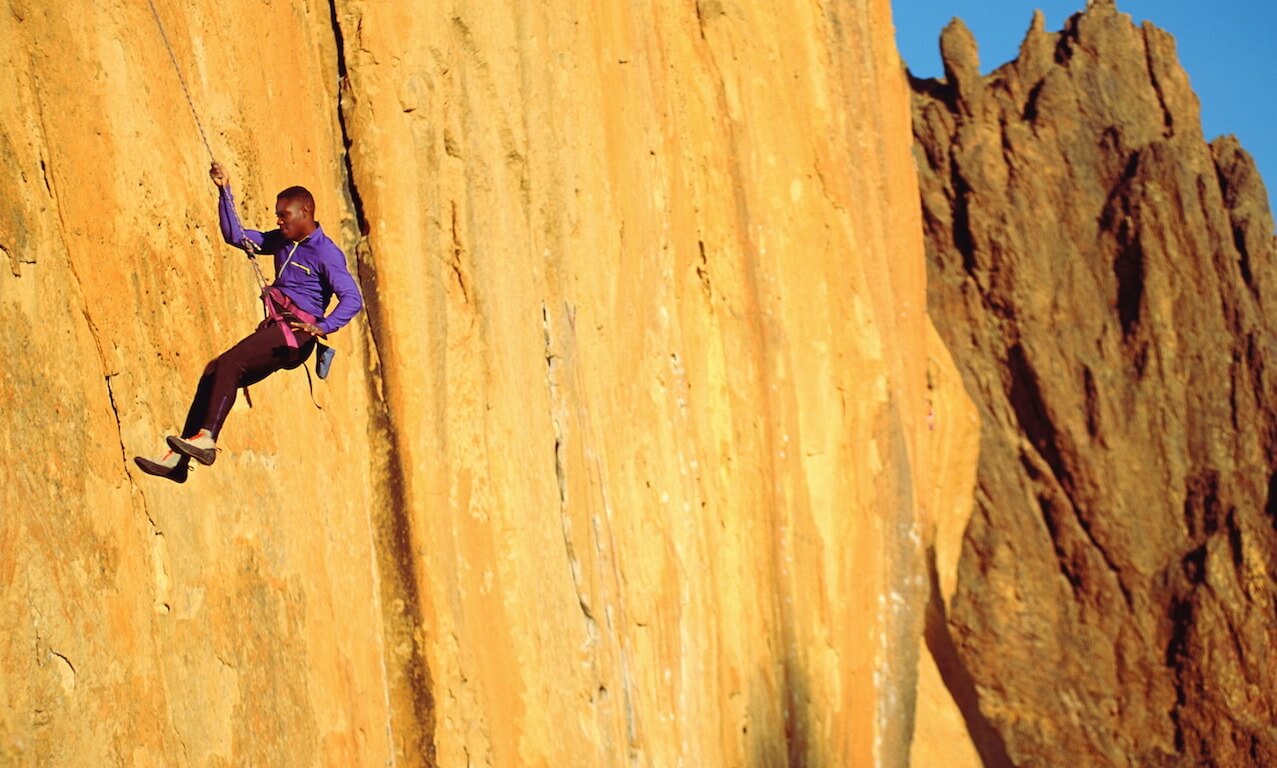
Research and varirous studies show that genes, psychology, and environmental factors all play a role in whether a person is a risk-taker.
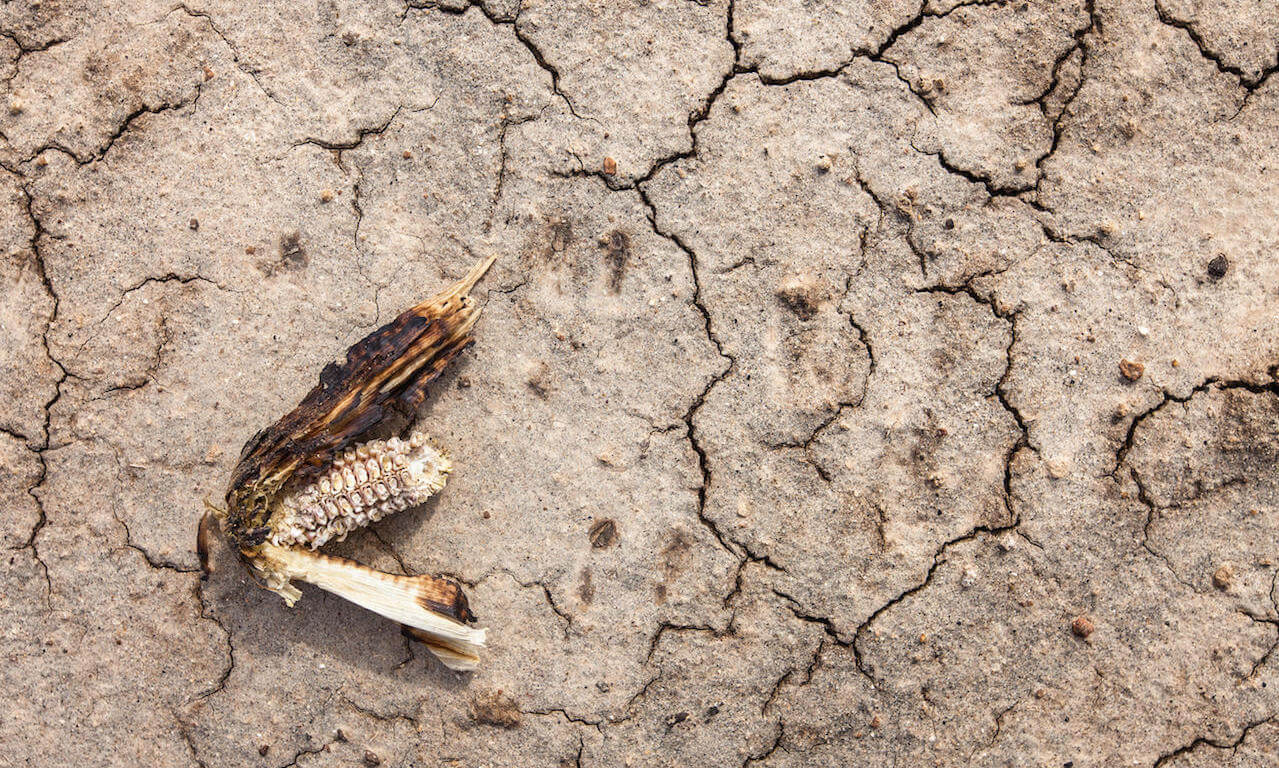
Leaders of the United Nations point to a recent study that shows how hunger and conflict are linked and say that incresing food security can help bring peace.
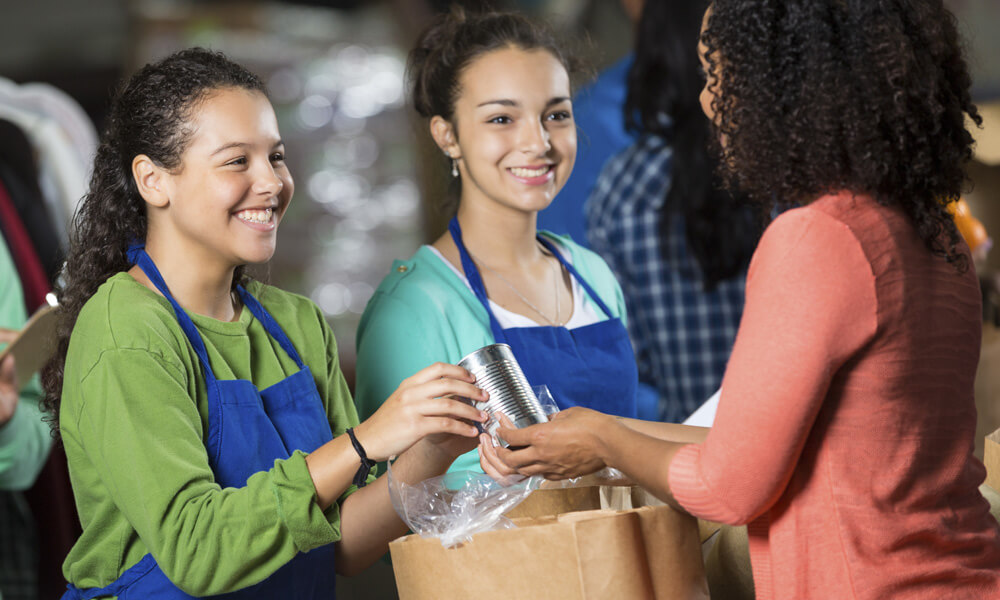
A recent study suggests that teenagers can increase their sense of self-worth by voluntarily helping strangers, even with small, simple acts of kindness.
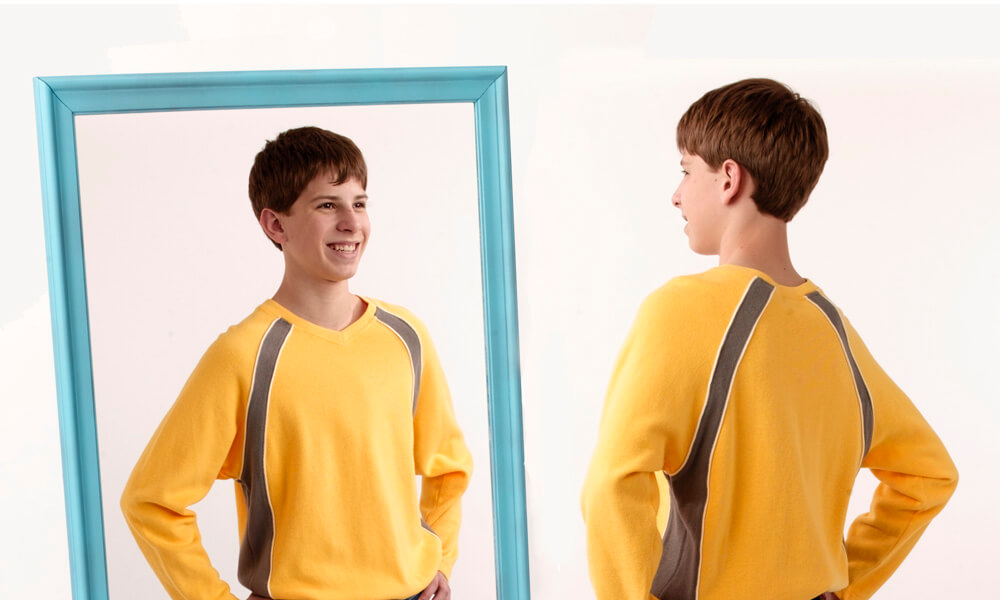
This article emphasizes the positive effects self-compassion can have on young people as they navigate the stresses of adolescence.